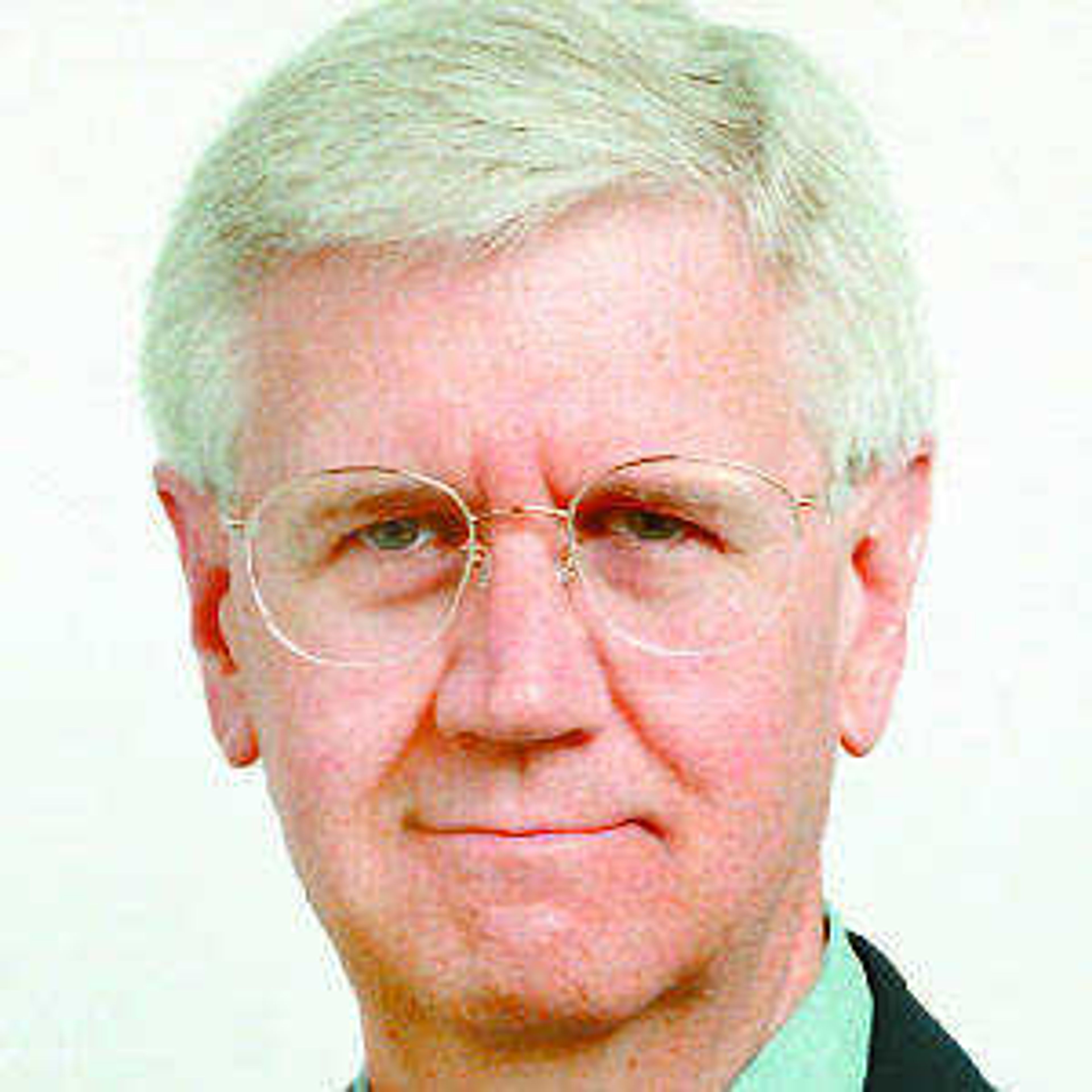A fable: The truth about the conspiracy in the Big Easy
It's easy to create a conspiracy. All you need is Internet access and a fertile mind. This is why I am able to document the evolution of the conspiracy in New Orleans on Super Bowl Sunday that led to the now famous power outage -- the one officials were unable to explain days after the lights went out...
It's easy to create a conspiracy. All you need is Internet access and a fertile mind.
This is why I am able to document the evolution of the conspiracy in New Orleans on Super Bowl Sunday that led to the now famous power outage -- the one officials were unable to explain days after the lights went out.
My wife and I had the same reaction in the seconds it took to realize there was no sound coming from the CBS broadcast booth. Imagine: a televised football game with no shouted analysis from has-been coaches and players. Such silence is rare. And golden. Which is why God created mute buttons.
So when the noise stopped and darkness came upon the stadium, we wondered if this was a simple power outage or something much more sinister. Terrorists, for example. Or some good old boys who bet too much on a San Francisco victory.
Power was restored. The game ended. Baltimore won. Every few minutes someone on the CBS coverage team would update us with the fact that no one knew why the power went off.
On Monday the official reports were vague about the cut in power.
On Tuesday I checked the Internet, hoping to gain insight. A web search for "Super Bowl power outage" led to a gazillion Internet links -- all saying no one knew, two days after the event, why the power went off.
But there was, of course speculation. And there was plenty of attention paid to a months-old warning that a power outage might occur. Sometime.
So? I could safely write a report saying the power at my house is likely to go out four times in 2013. I already have had one round of resetting all those infernal digital clocks that flock together in modern houses. That was during the recent windstorm. We will have more windstorms. The power will flicker again.
And I will know why.
But there were no storms in New Orleans on Sunday. It was a beautiful day. Can't you see what's going on here? The plot thickens, as they say.
Absent a single conspiracy theory on the Internet, it seemed like a good idea to start one. Look at all those other goofy theories that roll across the ethersphere like waves during an incoming storm tide.
Surely we can get something going on the Super Bowl power outage.
For example, doesn't it make good sense that the power was cut by the Obama administration in an attempt to draw attention away from real crises in our nation's capital? Of course, this wouldn't be reported by the mainstream press. It is in situations like this that it's good to understand that The New York Times, Washington Post, Wall Street Journal and USA Today are not mainstream. They are merely sources for the "truth" from bloggers. And radio talk-show hosts. Haven't you noticed?
So, one theory may be the power went out during the big game because the mineworkers' union was afraid a team named for a poem by some sissy short-story author might whip the pants off a team named for greedy gold diggers who ate flapjacks made from moldy batter. This would put the blame squarely on union members. They're a dying breed, so let's pick on them for this.
There. Let's put that online and see where it goes.
Folks, the sad thing about this scenario is that today the Internet is full of amazing explanations for Sunday's blackout. If you feed one little morsel to Al Gore's Frankenstein, pretty soon you have a bloated monster on your hands.
The moral of this tale: Not everything is a conspiracy, but when you don't have the facts, a conspiracy is better than nothing. Even when you get the facts, the conspiracy will continue to hold on tight. Because the trappings of thin air always are so much more appealing than the garb of whole cloth.
Joe Sullivan is the retired editor of the Southeast Missourian.
Connect with the Southeast Missourian Newsroom:
For corrections to this story or other insights for the editor, click here. To submit a letter to the editor, click here. To learn about the Southeast Missourian’s AI Policy, click here.










